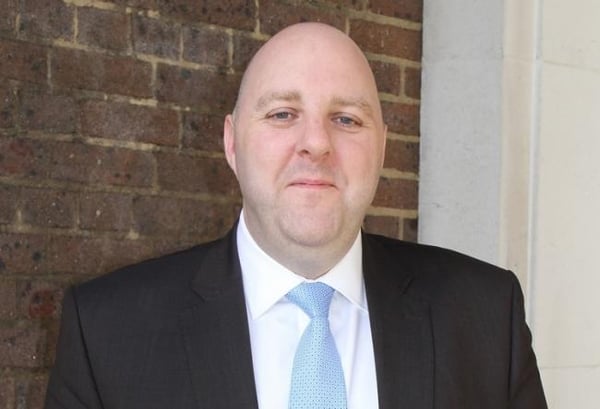The Department for Transport (DfT) has announced £800,000 in funding for four technology projects aimed at making rail replacement coach services more accessible to disabled passengers.
The selected projects will focus on delivering real-time audible and visual onboard information, helping passengers with visual, hearing or cognitive impairments travel more independently and confidently.
While buses in the UK already offer accessible information as standard, coach services used during rail disruptions often lack similar technology. The projects receiving funding aim to change that, using innovations such as AI-driven voice interaction tools, 3D animated avatars, and Bluetooth Auracast to provide information in multiple accessible formats. One solution will allow passengers to access audio updates through mobile apps or QR codes, enhancing flexibility across different coach types.
The competition to select the projects was led by Innovate UK, which sought a mix of proven and emerging technologies to help meet the requirements of the Public Service Vehicles (Accessible Information) Regulations 2023. These regulations mandate that bus and coach services deliver clear information about routes, directions and stops to all passengers.
The chosen projects are expected to be completed by March 2026 and will support operators in aligning with new legal obligations. The DfT believes this will lead to a more consistent and inclusive passenger experience, particularly during service disruptions that require coach replacements.
Local Transport Minister Simon Lightwood said the funding would help address long-standing accessibility gaps in the transport network. “There are around 16 million disabled people in the UK and many depend on coach services to get around,” he said. “It’s vital that these services provide clear, accessible information for everyone, particularly on rail replacement journeys where the route and stops can change.”
The announcement comes as part of a wider package of accessibility reforms, including the Access for All scheme and forthcoming Bus Services (No. 2) Bill, which will introduce mandatory disability awareness training for drivers and improve bus stop design standards.






